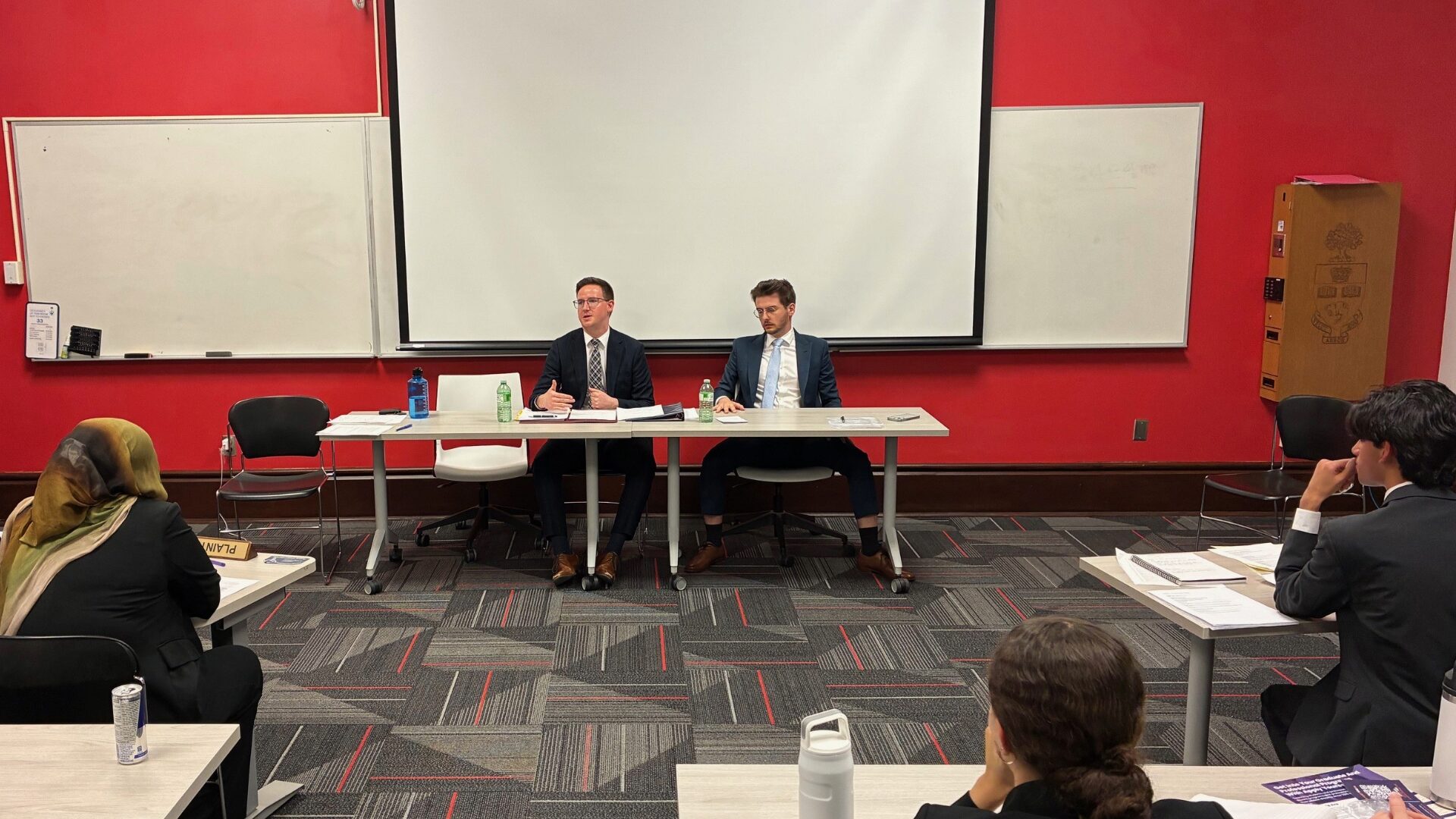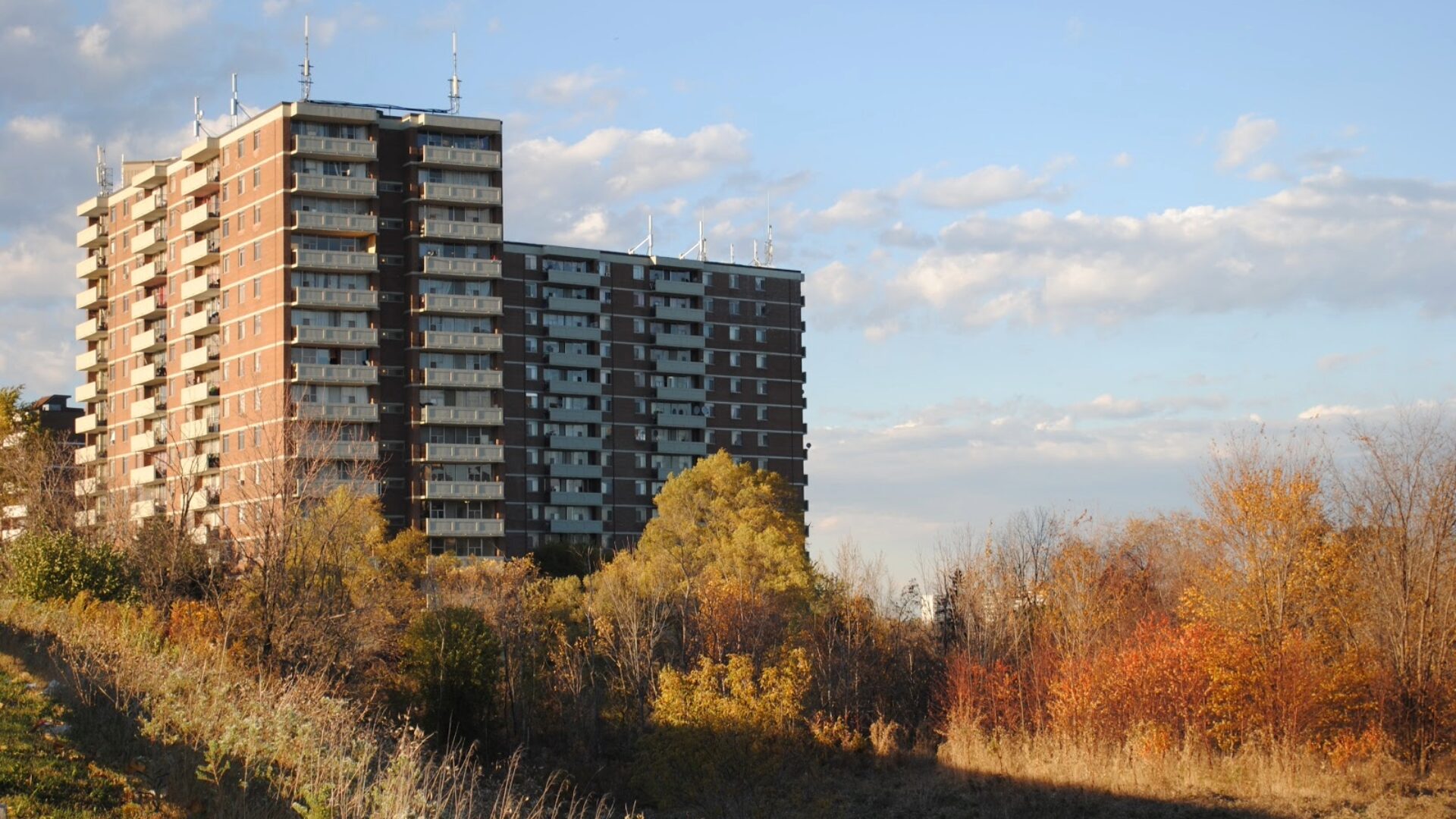
No Damages Beyond “Buyer Beware”: Residential Renovations, the Building Code, and Construction Negligence
In the landscape of Ontario real estate litigation, the principle of caveat emptor (buyer beware) has long served as a formidable defense for vendors. However,




